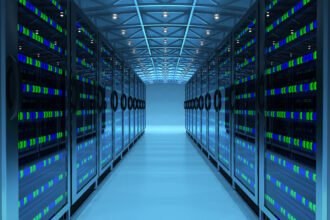There are 326 million trillion gallons of water on the earth, however 98% of that water is undrinkable because it’s too salty. Considering that our planet’s population expected to reach eight billion by 2027, companies are starting to realize that water matters. And of course, what matters should be measured—with analytics!
There are 326 million trillion gallons of water on the earth, however 98% of that water is undrinkable because it’s too salty. Considering that our planet’s population expected to reach eight billion by 2027, companies are starting to realize that water matters. And of course, what matters should be measured—with analytics!
Our planet is filled with an abundance of oceans, lakes and rivers. And as we turn on faucets and drinking fountains, there is almost an expectation that fresh, clean water is always available. However, a recent article by Charles Fishman in Fast Company cites that 4 out of 10 people in the world have either no access to clean water, or must walk distances to retrieve it. Even more startling, every day, five thousand children die from lack of water, or waterborne diseases!
Editor’s note: Paul Barsch is an employee of Teradata. Teradata is a sponsor of The Smart Data Collective.
Water isn’t just for drinking according to Fishman. In fact, 300 tons of water is required to manufacture one ton of steel and it takes five liters of water to produce a two liter bottle of cola! With an understanding that fresh water is necessary for commerce and subsistence, many companies are “waking up” to their daily water use and realizing the importance of using this valuable resource to its fullest potential.
While on the surface it may appear there’s not much to measure when it comes to water, Fishman cites that some manufacturing companies are tracking its pH level, clarity, temperature and flow rate. As an example, at one of IBM’s microchip plants, the company is tracking data by the second from over 5,000 electronic sensors. This continual measurement helps IBM use less water in the manufacturing process—ultimately reducing costs.
And the smart folks at IBM have sniffed out a business opportunity. If they can help their own company better manage a critical resource and reduce business costs, then surely the opportunity exists to help others. In fact, IBM estimates that the information technology component of water could be a multi-billion dollar business.
With global media outlets buzzing about the price of a barrel of oil, companies across all industries are scrambling to hedge their exposure to fuel cost increases. And rightly so. However, from the perspective of tracking key performance indicators (KPI) and also risk management, perhaps water usage should be added to the list of items to monitor, measure and report.







